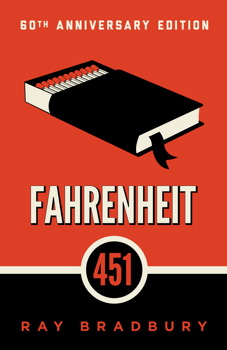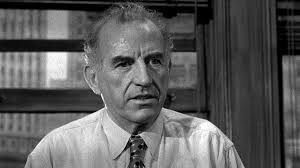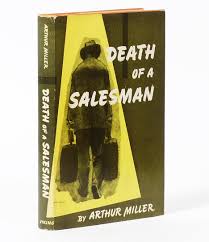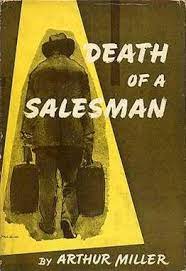
In Fahrenheit 451, a world obsessed with entertainment and electronics eliminates books. Written in the 1950s, the themes feel like a warning for our society, where technology distracts us and affects our lives. Author Ray Bradbury’s predictions are unsettlingly accurate, showing how we might lose our curiosity and freedom if we don’t stay aware. Bradbury’s story reflects the impact of technology on our reality, reminding us of the importance of protecting our freedom to think independently.
Bradbury predicts a future where society becomes obsessed with technology, prioritizing screens and devices. In the story, people spend most of their time in rooms with giant screens that replace real relationships. Mildred, Montag’s wife is so wrapped up in her “parlor walls” that she cares more about her fictional “family” on screen than her real husband (Bradbury 46). Today, we’re surrounded by screens, smartphones, TVs, and tablets, which often take up most of our time. Instead of talking face-to-face, we frequently connect like Mildred via texts, calls, and social media.
Bradbury foresaw the banning of books as a way to control society. In Fahrenheit 451, firemen burn books to keep society from questioning things and to avoid discomfort. When people aren’t allowed to read, they lose their curiosity and ability to think. Today, some books are removed from society because they’re considered too controversial. When we take away books that offer different viewpoints, we risk becoming like Bradbury’s society. Captain Beatty says in the novel, “We must all be alike. Not everyone born free and equal, as the Constitution says, but everyone made equal” (Bradbury 55). Bradbury’s story warns us that restricting ideas limits our understanding of the world, making us all think the same.
Montag starts to understand how important it is to question things instead of just going along with what everyone else says is normal. He realizes that by challenging what he’s been taught, he can find his answers and learn more about who he is. He says, “We need not to be let alone. We need to be bothered once in a while” (Bradbury 49). His realization of this shows truly how powerful learning and questioning are. Like Montag, many of us want to know the truth, and we must keep seeking knowledge and asking questions, so we don’t become like the people in Bradbury’s story.
Bradbury’s predictions about technology and censorship are accurate, showing how too much screen time and controlling what people can read or think might lead to a society that’s disconnected and restricted. In the story Fahrenheit 451, people have lost their curiosity, connection, and freedom. Bradbury’s story reminds us that we must stay aware, question things, and keep learning, so we don’t fall into the same trap.
References
Bradbury, Ray. Fahrenheit 451. Simon & Schuster Paperbacks, 1953.


































